Understanding adjectives Grammar Worksheets for Ages 6-8
5 filtered results
-
From - To
Explore our comprehensive "Understanding Adjectives Grammar Worksheets for Ages 6-8" and boost your child's language skills! Each worksheet is carefully crafted to help young learners identify, use, and understand adjectives in fun and engaging ways. Our resources include colorful activities, exciting exercises, and easy-to-follow instructions that make learning grammar enjoyable and effective. Ideal for early grade students, these worksheets enhance vocabulary, improve sentence construction, and foster a love for learning. Perfect for classroom use or at-home practice, start building strong grammar foundations today with KidsAcademy!
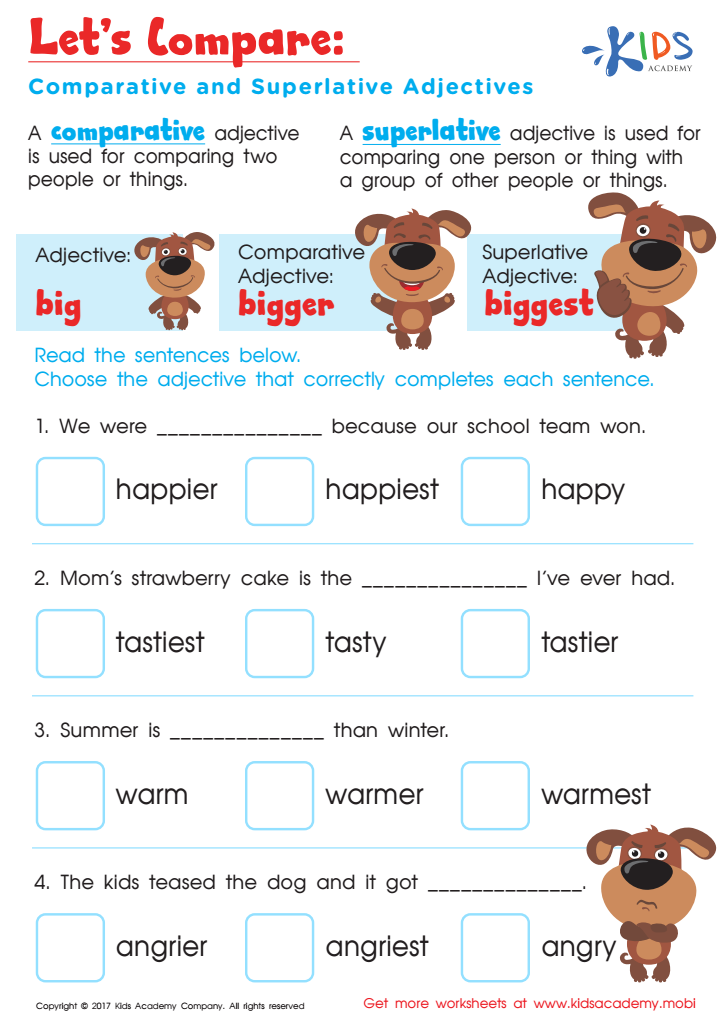

Comparative and Superlative Worksheet
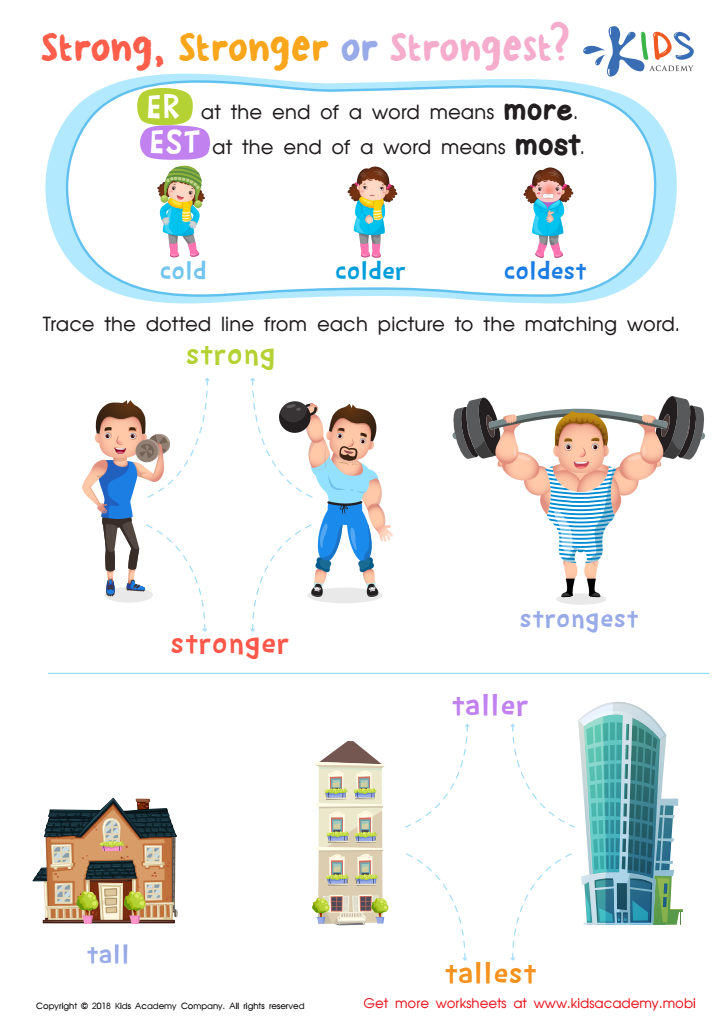

Strong or Stronger? Worksheet
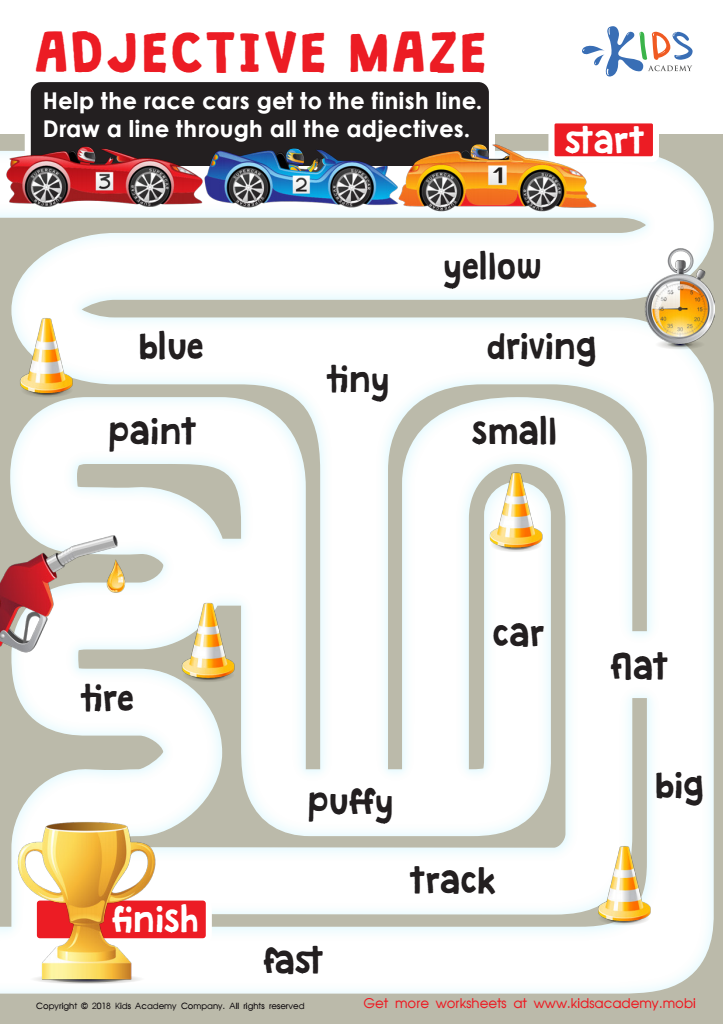

Adjective Maze Worksheet


Adjectives Worksheet
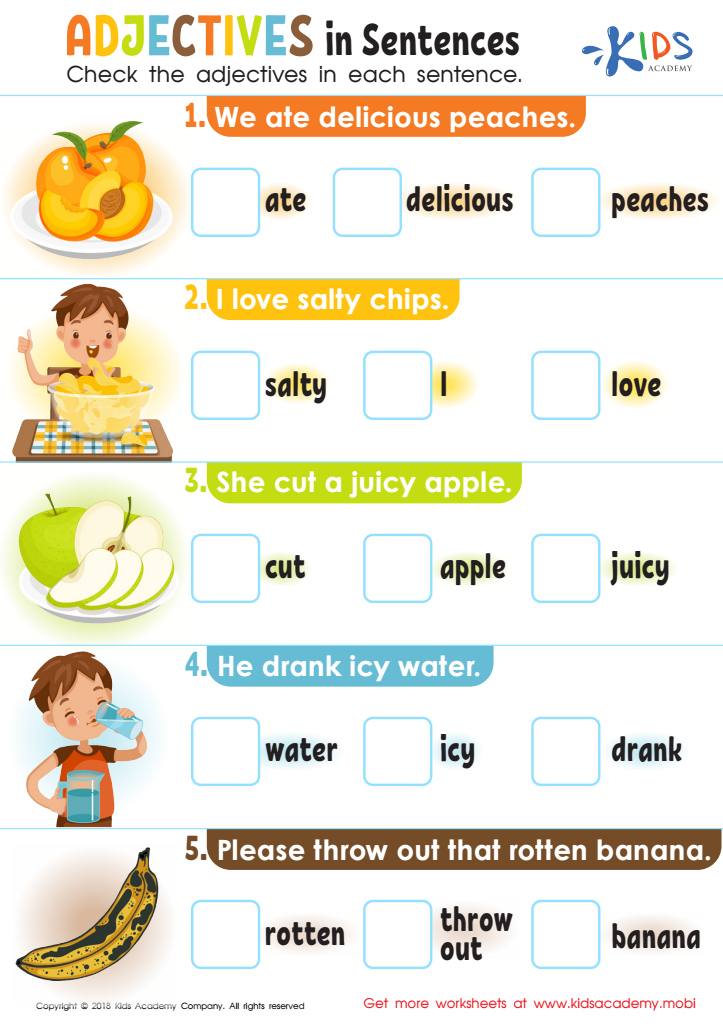

Adjectives in Sentences Worksheet
Understanding adjectives is crucial in early education, particularly for children aged 6-8, because it enhances their language development, reading comprehension, and communication skills. Adjectives, which are words that describe nouns, help children create more vivid and detailed mental images of what they read and hear. By learning how to use adjectives effectively, children can make their storytelling more engaging and expressive, which fuels their creativity and imagination.
First, adjectives aid in vocabulary building. Exposure to a wide range of descriptive words enriches a child’s lexicon, enabling them to articulate thoughts and feelings more precisely. This expanded vocabulary enhances their ability to follow and enjoy more complex books and conversations, acting as a foundation for literacy.
Secondly, comprehension improves as children learn to use and understand adjectives. They become more adept at picking up context clues and identifying critical details within texts, making reading a more enjoyable and meaningful experience.
Finally, effective use of adjectives enhances children's writing skills. When children know how to describe things well, they can write more engaging and elaborate stories, essays, and reports.
In summary, a solid grasp of adjectives positively influences a child’s language proficiency, fostering better interaction, boosting academic performance, and providing a strong foundation for future learning.
 Assign to My Students
Assign to My Students
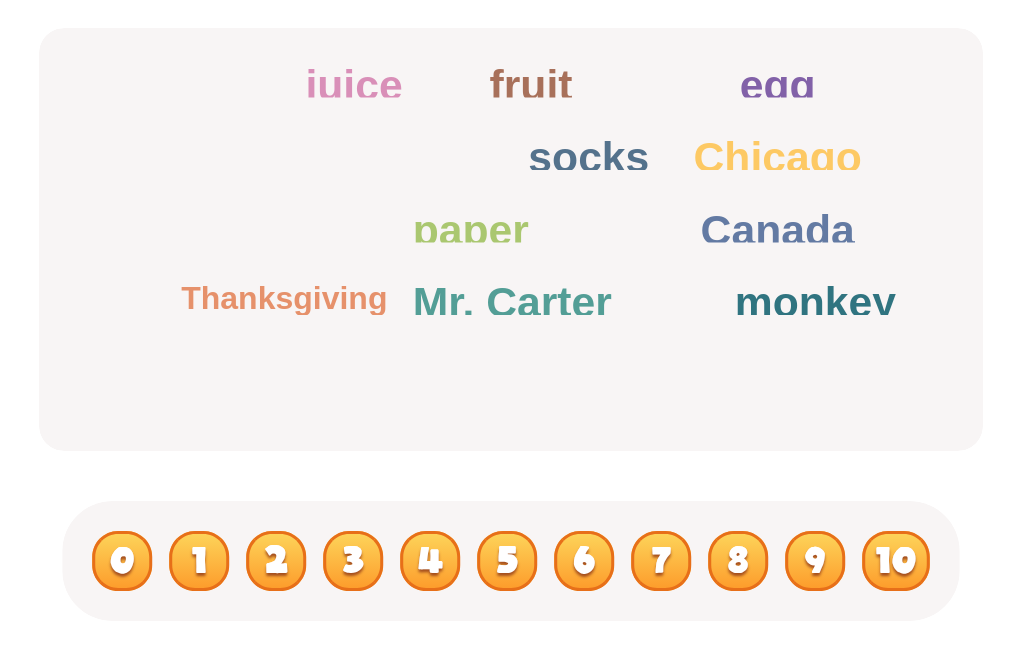
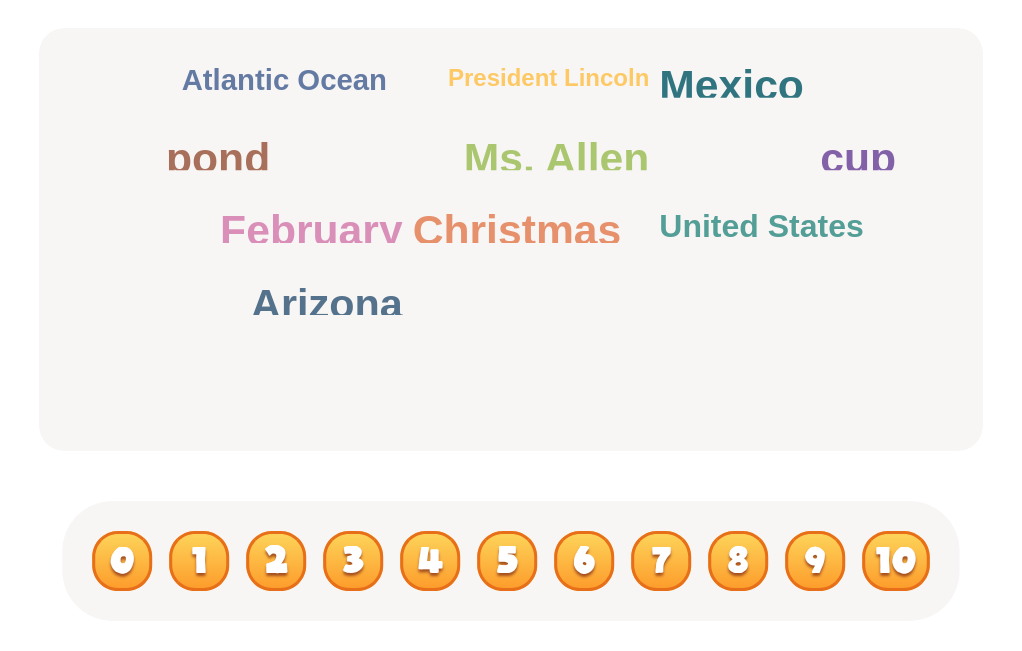
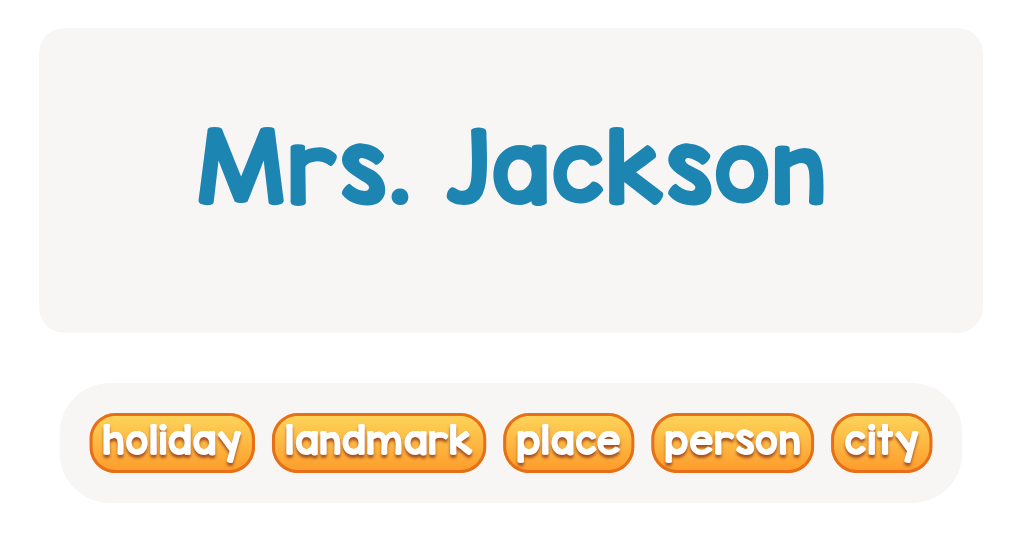
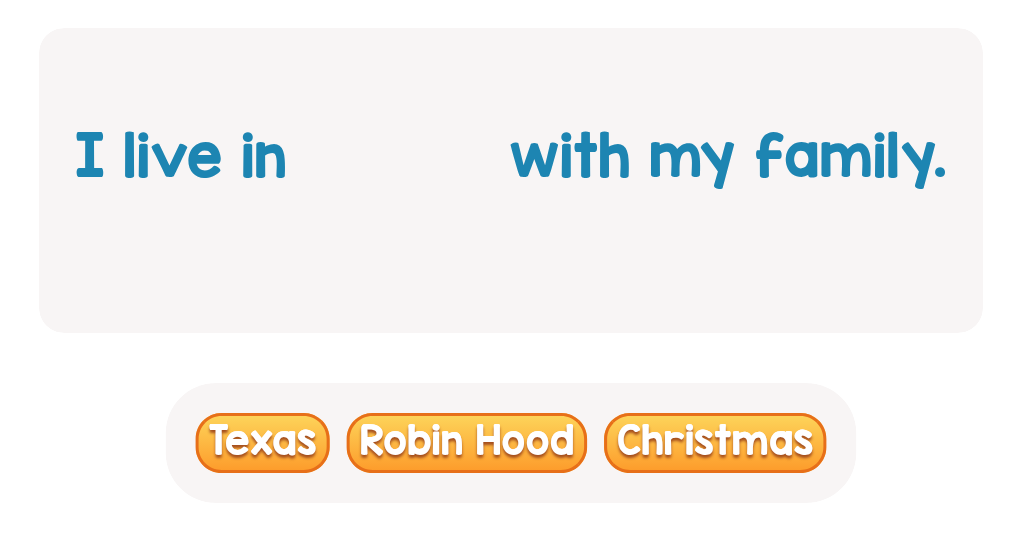

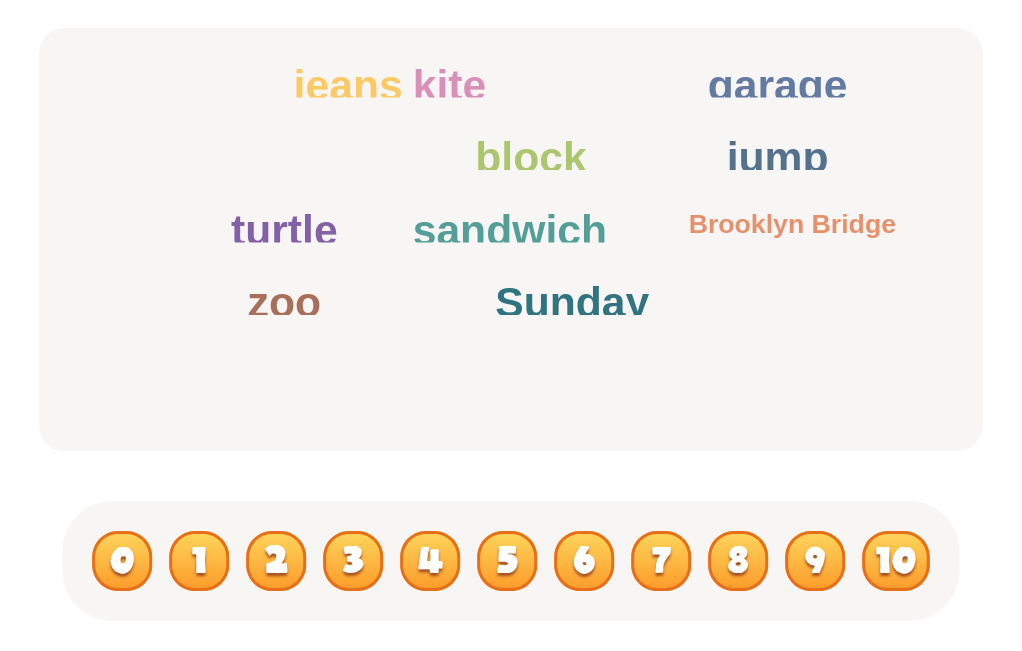
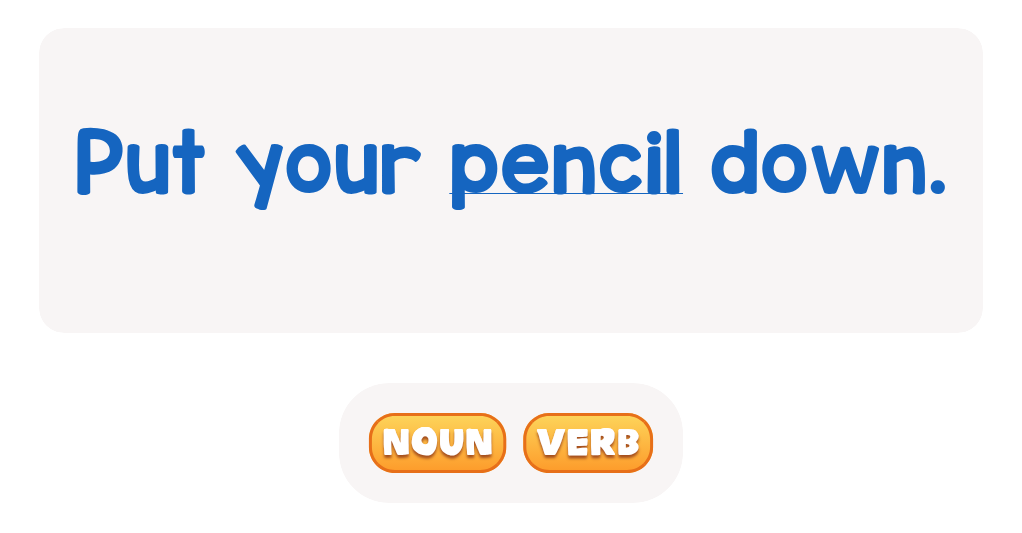
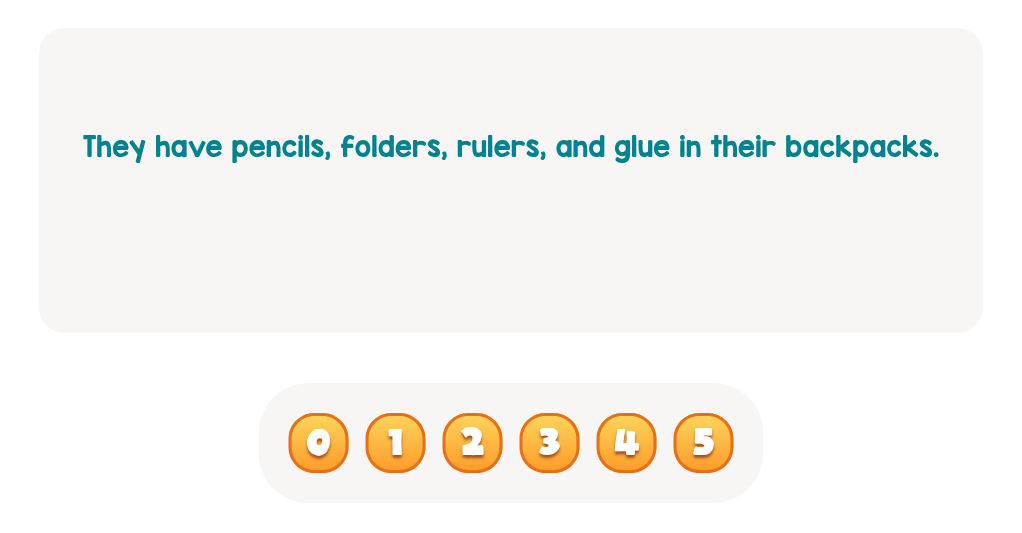
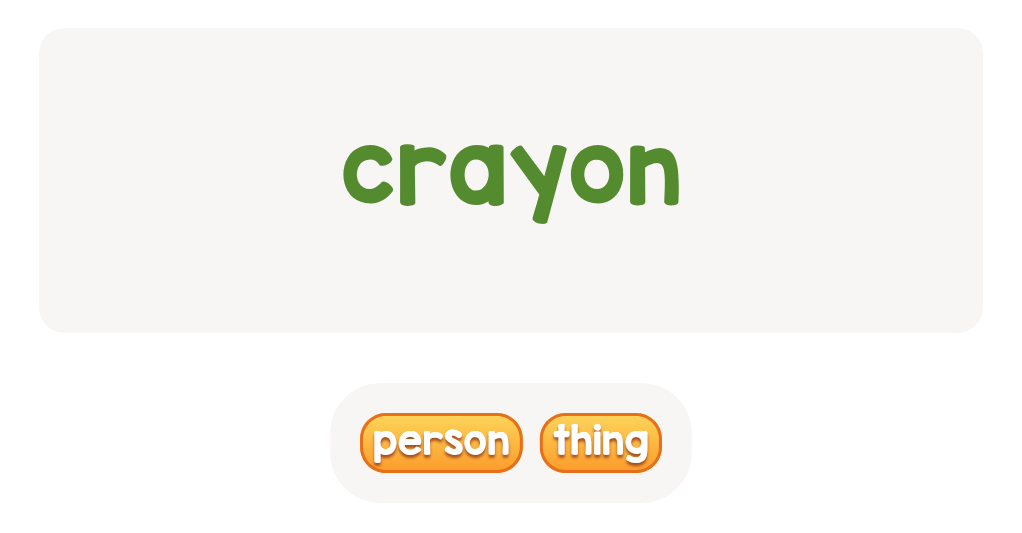
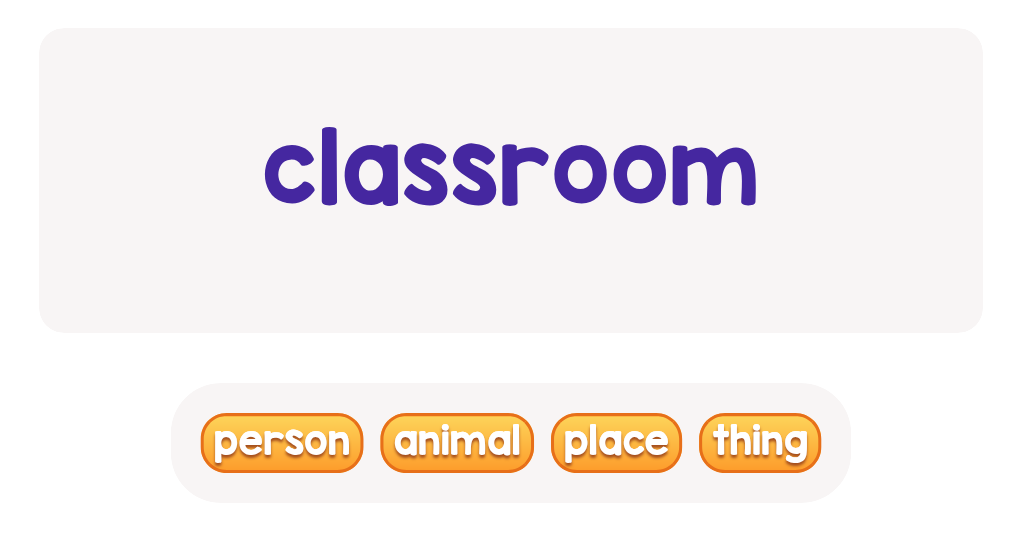








.jpg)












